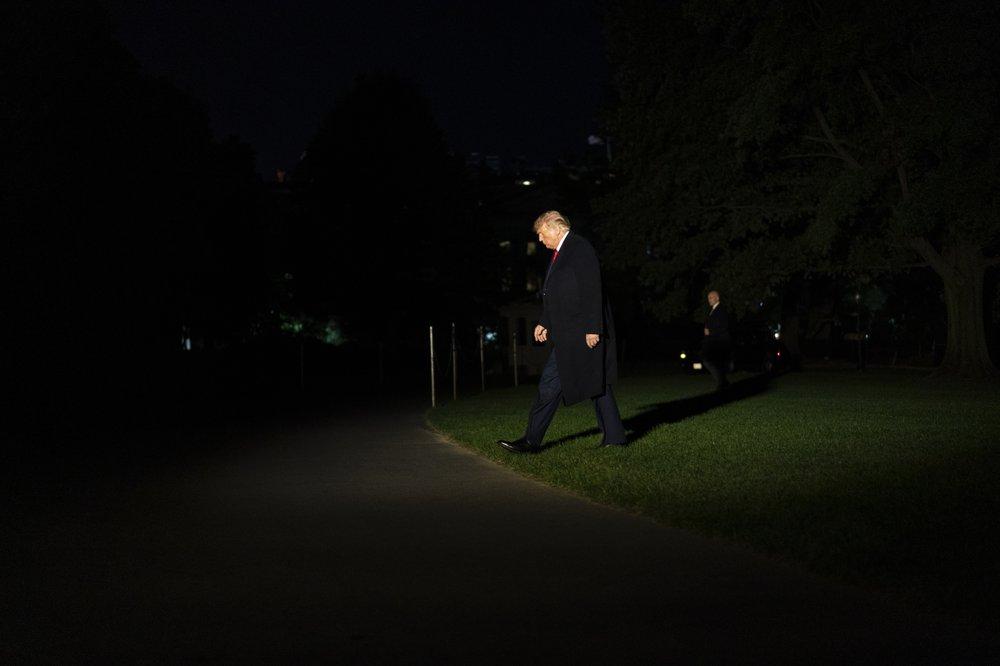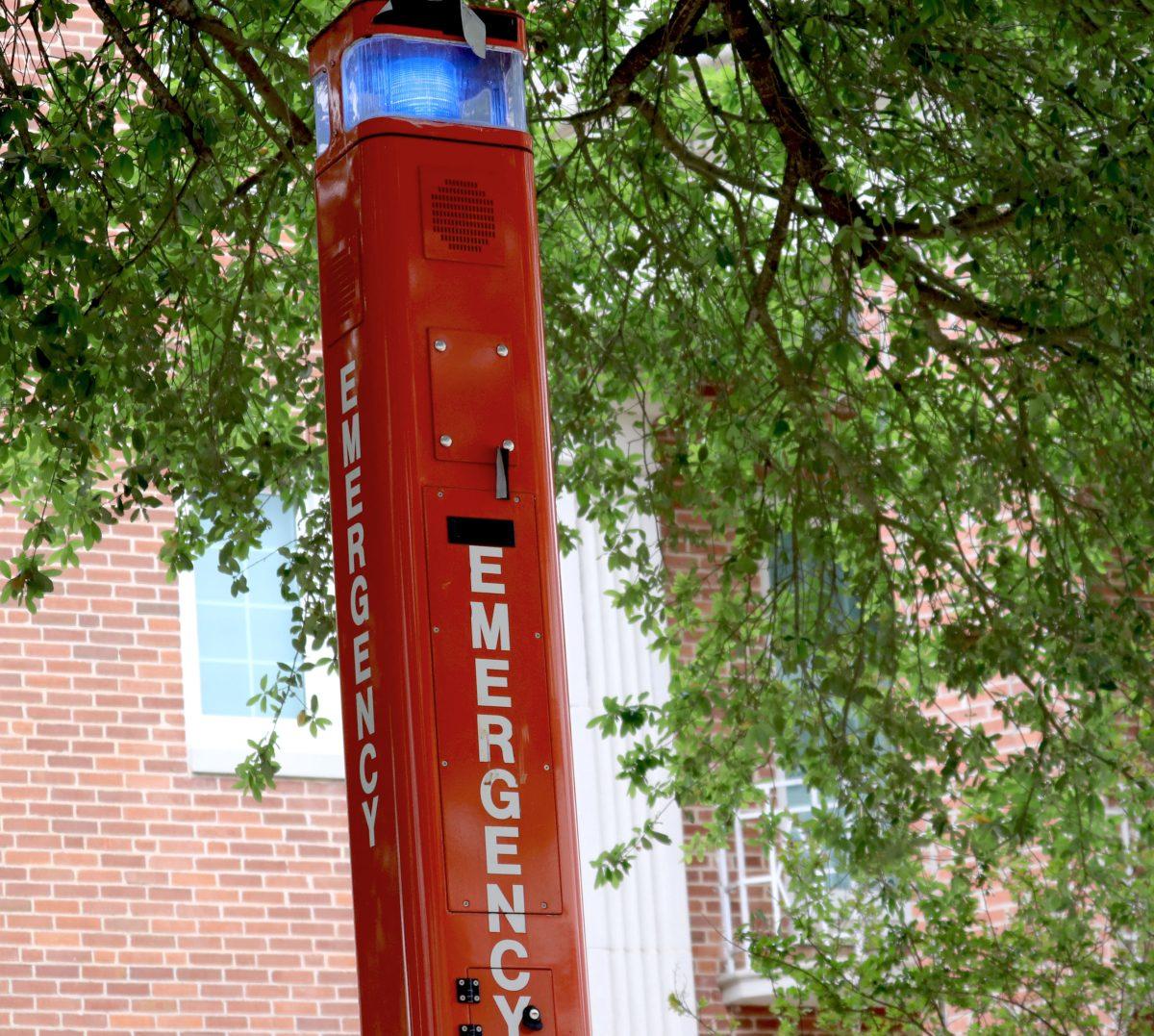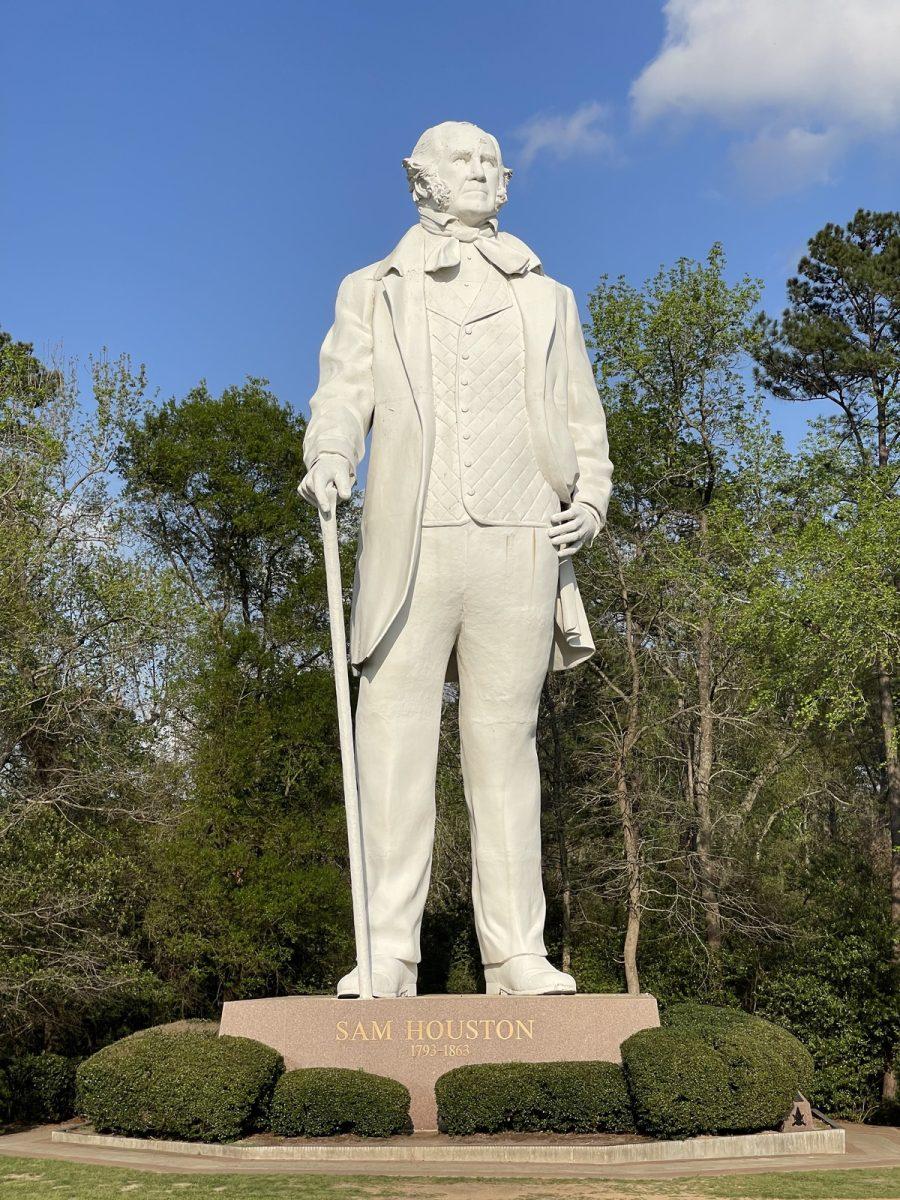
Bad weeks come up for everyone, even the great President Donald Trump. From the debates to getting the virus he so adamantly declared a hoax, the times are not looking so good for the leader. A story that seems now a distant memory, unjustly forgotten compared to the former two, will one day be remembered in the history books to show how dire the situation is for the country.
The New York Times released a report on Sept. 27 detailing Trump’s tax documents. It shows that, for at least the 2016 and 2017 tax season, he paid the IRS about $750 a year. This was done through tax credits, business expenses and using massive company losses carried on from previous years, eliminating the amount owed down to a tiny fraction.
Democrats and people with morals may be outraged, but the fact is that unless the IRS audit finds something amiss this will have been entirely legal.
The tactics used to get that $750 are standard practice.
“Personal and business income taxes in America are not gross-revenue taxes or wealth taxes; they are income taxes,” according to National Review. “For a business, that means profits. If the business loses money, after considering all its expenses, it owes no taxes.”
Carrying back losses from the previous year “encourages profitable business to take larger risks, knowing that they can get a bailout down the road in the form of a tax refund,” according to National Review.
Though this is meant to help the small business owner make back expenses, this is not a temporary measure for those companies. The ultimate prize is not to make less money or pay more as their success grows. The goal is to be rich, pay less and stay there.
These high money interests ensure that if any serious restructuring of the tax system were to take place, there would be high hell to pay in an economic and political sense.
The same 400 richest families, who pay less in taxes than the bottom 50% of income earners, according to the Washington Post, will fight tooth and nail for their privilege: the granted noble rights of tax exemption given by owning the businesses that make our surplus of commodities.
The richest among us would rather run at a loss than accept defeat.
The complaints of unfairness of the sheer poverty of these billionaires would be blared across every media platform in the nation.
Next would come the brutal tactics of cutting jobs and taking business elsewhere. Such is the fate of a people to dare demand a fairer shake from their supposed equals.
An army of lawyers, lobbyists and politicians would scour the new revenue system for any weakness, any bureaucratic mistake in programs, to justify the return of the good old days.
In simple terms, most rich people would rather a hollow shell of a country to nest in than consider paying any higher tax than the bare minimum currently enjoyed.
When the elected representatives of this land cannot answer the injustice of its economic system because of the fury of the upper classes, then the charade will be up and history will determine what happens next.





